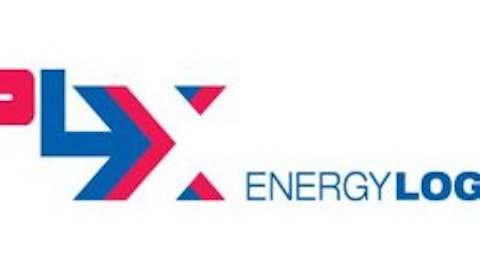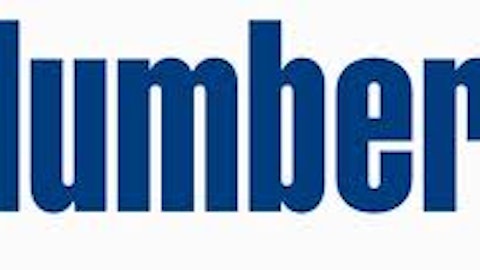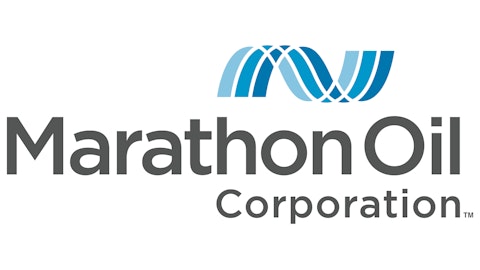Insider trading activity has been heating up a bit as earnings season winds down. While insiders sell shares for a number of reasons, we like to pay attention to insider purchases because these can be taken to signify an insider’s confidence in the company; if the insider was not particularly optimistic, it would make more sense for them to diversify their wealth. Studies generally show a small outperformance effect for stocks bought by insiders (read our analysis of studies on insider trading) and we think that it can be a good idea to screen these stocks for any interesting names. Read on for our thoughts on five stocks insiders have bought recently.
A Board member at Marathon Petroleum Corp (NYSE:MPC) purchased 6,300 shares of stock through a revocable trust in his name at an average price of $71.37 per share. Marathon Petroleum Corp (NYSE:MPC), which was spun out from Marathon Oil Corporation (NYSE:MRO) as a pure play oil and gas refining and marketing business, experienced a decline in operating income last quarter compared to the second quarter of 2012 on higher costs. Like many other downstream oil and gas companies, Marathon Petroleum Corp (NYSE:MPC) features low earnings multiples- for example, the forward P/E is only 8.

A company officer at Education Realty Trust, Inc. (NYSE:EDR), a $1.1 billion market cap real estate investment trust which invests in and manages student housing communities, bought over 10,000 shares in early August. Because real estate investment trusts receive favorable tax treatment conditional on distributing a large share of taxable income to shareholders, they often pay high dividend yields. Education Realty is in fact able to manage an annual yield of 4.8%, and thanks to the consistent demand for student housing over time the stock’s beta is 0.4.
A senior vice president at Key Energy Services, Inc. (NYSE:KEG) was buying the stock at prices between $6.30 and $6.40 per share. Key is down 24% in the last year, as the oil and gas drilling and exploration services company has seen low earnings. The sell-side is predicting something of a recovery here as well, and so the stock is valued at 13 times consensus earnings for 2014. Drilling activity is tied to macro factors and so the stock’s beta is quite high at 2.8. Activist investor Mark Rachesky’s MHR Fund Management is a major shareholder in Key (research more stocks MHR owns).
Another energy stock where we have tracked insider buying activity recently is small independent exploration and production company Swift Energy Company (NYSE:SFY). Swift has been another big loser in the market over the last year, and the most recent data shows 17% of the float held short as many market players remain bearish. The company’s most recent quarterly report shows rising sales and net income, and the trailing and forward P/Es are 19 and 15 respectively. That is a premium to larger E&P companies, however, and revenue growth has not been that high relative to a year ago.
Disclosure: I own no shares of any stocks mentioned in this article.





